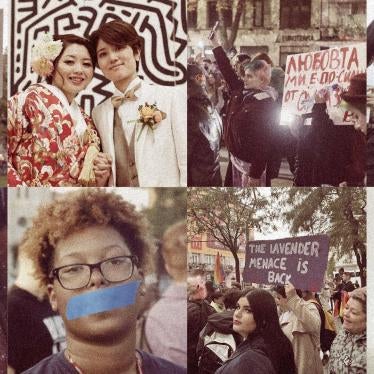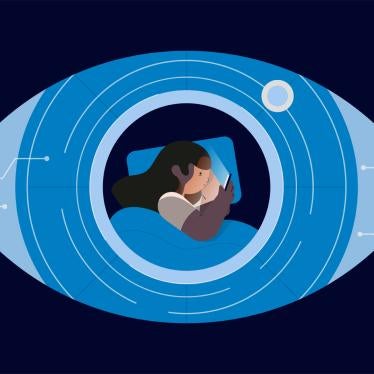Some girls stop going to school. Others are sterilized--their ovaries removed. Still others are confined to homes, isolated from the community. Worldwide, the most basic human rights of women and girls with disabilities are curtailed because of poor management of the most natural human phenomenon: menstruation.
Today, May 28, a coalition of nongovernmental organizations will celebrate the first-ever Menstrual Hygiene Management Day. Around the world, countless women and girls with disabilities face stigma, often lack awareness, and may have difficulty in moving, dressing, or using the bathroom independently.
The cost is high: girls with disabilities often drop out of school once they reach puberty because there are no support services in school to help them during their period and the toilets are often not accessible or safe.
For example, in Nepal, where children with disabilities make up 85% of the out-of-school population, an NGO worker told us about the case of a girl with learning disabilities: "When the girl's menstrual cycle began, she had blood on the bench. Her friends teased her and the teacher beat her. From the next day, she didn't come again."
Dropping out of school is not the only life-altering consequence of the stigma surrounding the menstruation cycle of women and girls with disabilities. Many women and girls with disabilities are subjected to a more invasive, permanent, and irreversible medical procedure - sterilization. This should not be a method of menstrual management and yet it is forced on many. Women and girls with intellectual disabilities are robbed of the opportunity of starting a family without their consent, and at times even without their knowledge. Forced sterilization has a profound physical and psychological effect.
Without adequate support services, many parents and caregivers decide to sterilize women and girls with intellectual disabilities because they are unable to cope with menstruation or fear that they may be at higher risk of sexual violence and unwanted pregnancies. One mother of a 15-year-old girl with an intellectual disability living in India told me in 2013, "I have thought about sterilization.... Even pretty girls are raped, would they leave this kind of girl?"
While such a decision is never easy for parents, it often has little to do with the woman's well-being and more to do with social factors, such as managing the burden on caregivers. One mother living in India told me about how she got her 31-year-old daughter sterilized. "The operation can lessen her burden. If we can't manage her ourselves, how can others? We didn't ask her if she wanted the operation.... She was angry the next day - she knew something had been done to her. I told her that the doctor had given her an injection, and she started crying."
A basic human function like menstruation should no longer be a justification for denying women and girls with disabilities their basic human rights.
It should no longer be a barrier to education, to independent reproductive choices and bodily integrity, or to freedom from inhuman and degrading treatment. It should no longer inhibit women and girls with disabilities' right to dignity.
Worldwide, grave human rights abuses can be avoided by providing adequate support to women and girls with disabilities during menstruation. They should have the right to be, simply, women.









